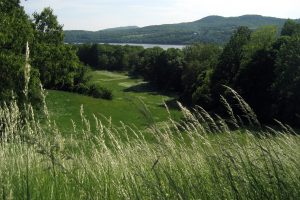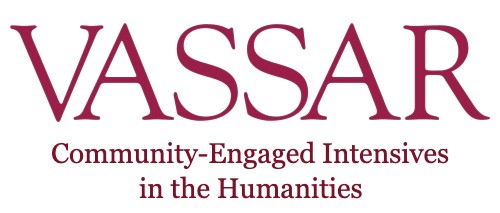Community Schools Research and Practice. | Our Lives, Our World. Teaching and Learning About Human Rights Alongside Youth. | Intersections of Our Homes, Schools and Communities (Spring 2022) | Intergroup Dialogue on Race and Migration (Fall 2021) | MakerBoards: A Return to Play | Intersections of Our Homes, Schools and Communities | French Language Lessons (Spring 2021)| Legal Challenges: Local Interventions in the Criminal-Legal System | Life in a Buddhist Monastery | Writing Medicine | Fundamentals of Grant Writing (Fall 2020) | Music for Empowerment | Intergroup Dialogue on Race and Migration. (Spring 2020)| French Language Lessons (Spring 2020) | Fundamentals of Grant Writing (Spring 2020) | Class Without Walls in Nature
[ENST] 201, Class Without Walls in Nature, Fall 2019

“NY – Hyde Park – Vanderbilt Mansion NHS – Hudson Valley” by wallyg is licensed under CC BY-NC-ND 2.0
INSTRUCTOR: Professor Pinar Batur
THEMATIC CLUSTER: Environment, Farming, Sustainability
COURSE DESCRIPTION:
Considering the profound changes facing our globe, studying the environment is not only crucial but also extremely daunting. While it is more critical than ever that we understand environmental risks, studying issues that are seemingly out of our control is not sufficient for effectively confronting the global crises we face. This intensive aims to enhance experiential learning through the review of literature, evaluation of policy issues, and the interpretive assessment of complex social, political and economic conditions. This intensive learning/teaching experience will integrate elements of agency and activism to academic reflection and critical analysis. We will explore topics in Environmental Studies chosen to reflect the array of community organizations where students enrolled in the course will be doing community-engaged learning placements.
DEVELOPMENT TIMELINE:
Instructor consulted with OCEL in the year before the intensive was offered to discuss the feasibility of their idea. OCEL suggested names of possible community organizations and discussed possible formats for the intensive. Instructor consulted with Department chair, developed an intensive description in consultation with OCEL, and submitted it to CCP. Intensive was advertised in the Department of the instructor and students registered for it during Pre-Reg. Instructor shared the list of students with the OCEL so the OCEL could understand each student’s interest and connect them to an organization accordingly.
OCEL’S ROLE:
Helped to identify community partners and connected each student to an organization based on the student’s interest; Arranged transportation for students.
PARTNERS:
Poughkeepsie Farm Project, Environmental Monitoring and Managing Alliance (EMMA), Dutchess Outreach, Hudson River Sloop Clearwater Inc., Common Ground Farm, Remsburger’s Honey and Maple, The Indoor Organic Gardens of Poughkeepsie
FORMAT:
Special Permission. Semester-long. Each student did experiential work with an organization for a minimum of 4 hours/week; students met with the instructor weekly for 2 hours to discuss assigned readings in the contexts of the students’ experiences and guest lectures by community partners. Students also met regularly with the instructor to discuss their individual projects. The class also worked on a semester project as a group. (Please click here to learn more about the students’ projects.)
NUMBER OF STUDENTS:
9 (The instructor had initially capped the intensive at 6 students. However, it was extremely popular!)
CREDIT VALUE: 1.0
FUNDS REQUESTED FOR:
- Food for the intensive’s final showcase which included a poster presentation by each student.
- Transportation for students
REFLECTIONS:
